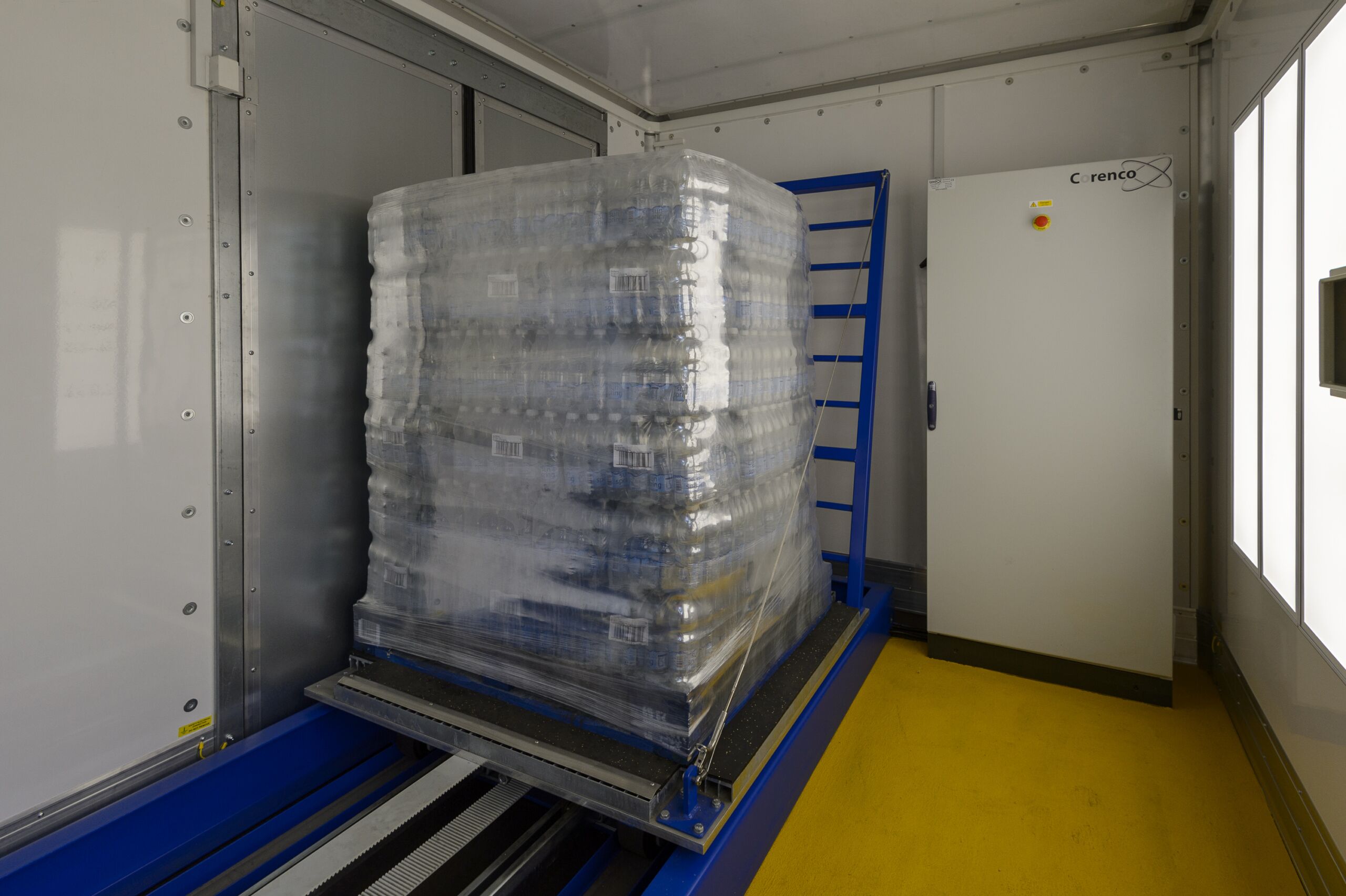What is the EUMOS 40509 standard?
EUMOS 40509 is a pivotal standard in the logistics and transportation industry, particularly for companies that deal with palletised goods. Its main goal is to ensure that load units are stable and secure enough for road transport, thereby enhancing safety and minimising the risk of damage during transit.
This standard, formally known as EUMOS 40509:2020, is an evolution of its 2012 predecessor, designed to provide more precise and reliable methods for evaluating the rigidity of load units. It establishes rigorous testing protocols that include the use of an acceleration bench to simulate real-world transportation stresses. By adhering to these guidelines, businesses can significantly improve the structural integrity and roadworthiness of their palletised goods.
EUMOS 40509’s significance extends beyond mere compliance. It is integrated into Annex 3 of the EU Directive 2014/47/EU, which pertains to the technical roadside inspection of the roadworthiness of commercial vehicles within the EU. This inclusion underscores the standard’s critical role in maintaining safety standards across the European Union’s transportation network.
The standard outlines detailed test conditions, criteria for evaluating both elastic and plastic deformation of pallet loads, and the specifications for issuing a test certificate. This comprehensive approach ensures that all aspects of load unit rigidity are thoroughly assessed, providing a well-rounded view of a pallet’s performance under stress.
Targeted towards packaging labs, producers of palletised goods, film converters, cargo securing experts, and roadside inspectors, EUMOS 40509 serves as an essential guideline for ensuring the safety and stability of goods during transport. By obtaining certification according to EUMOS 40509, companies can make a substantiated claim about their loading units’ stability, offering peace of mind to their customers and stakeholders.
However, it’s important to note that passing the EUMOS test with specific packaging solutions (such as glue, cardboard, cans, and stretch film) does not grant blanket approval for all products if used in different contexts. Each pallet and product combination must be individually tested to guarantee compliance with EUMOS standards.
EUMOS itself does not accredit labs; for a lab to gain accreditation against the EUMOS standard, it must seek external certification from bodies like ISO. This ensures that the testing and certification process remains unbiased and adheres to internationally recognised quality standards.
In conclusion, EUMOS 40509 represents a critical step forward in ensuring the safety and integrity of palletised goods during transport. By adhering to this standard, companies not only comply with EU regulations but also demonstrate a commitment to the highest safety standards, ultimately protecting their goods, customers, and brand reputation. This focus on pallet stability is essential for the safe and efficient transport of goods across Europe and beyond.
